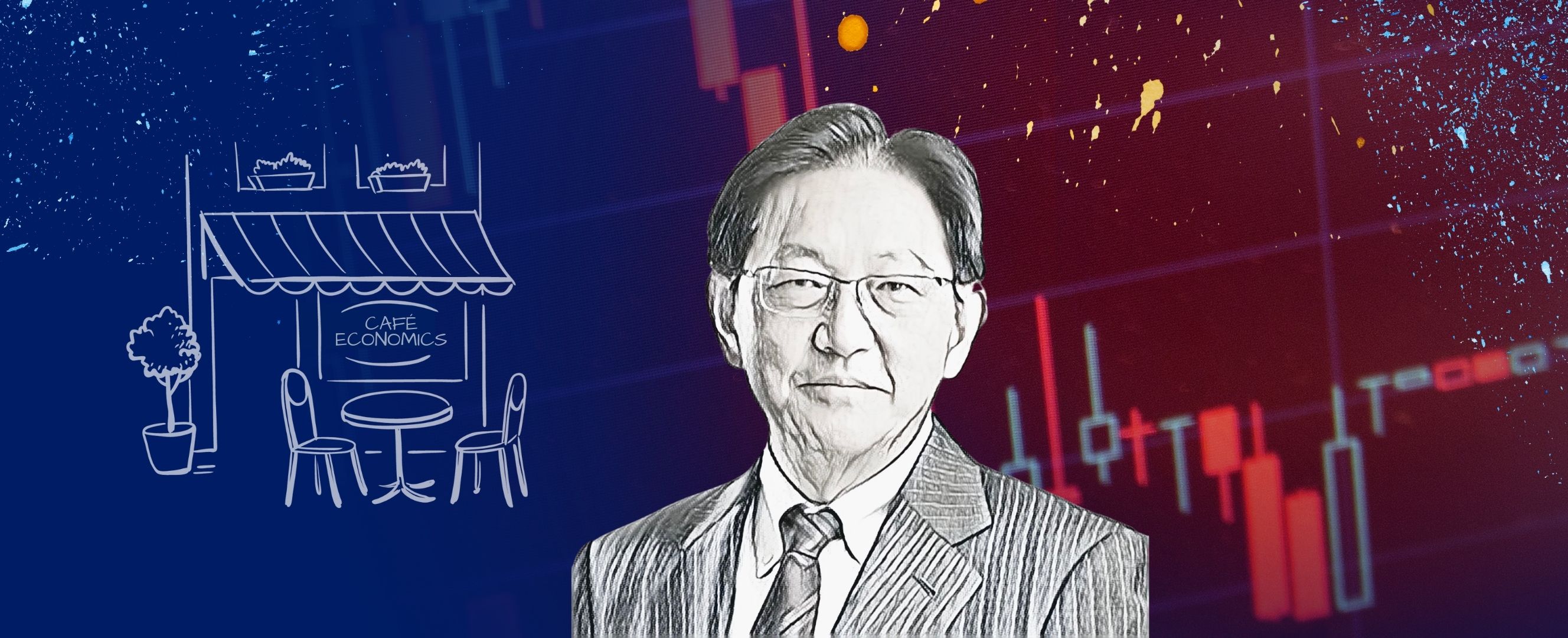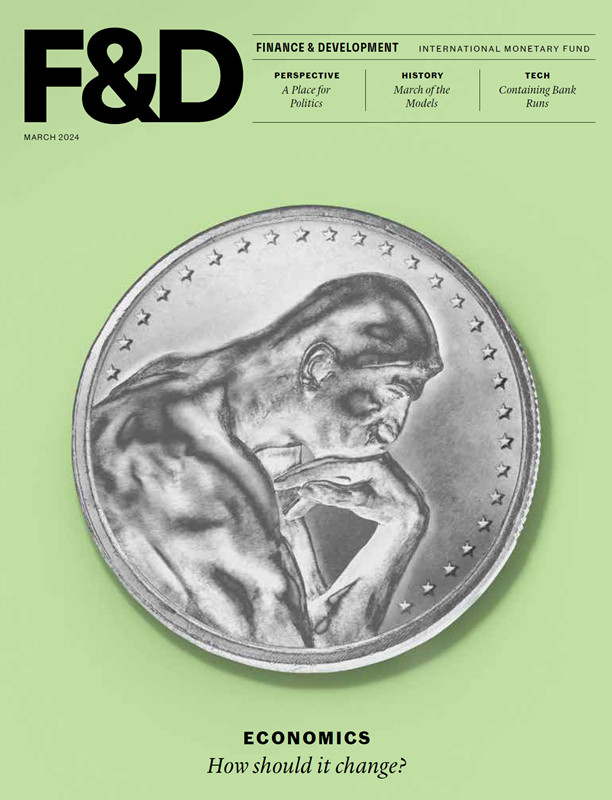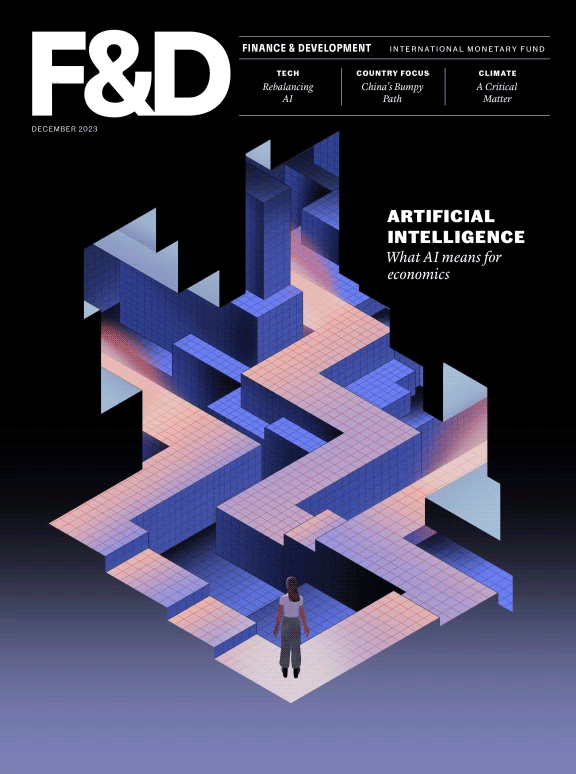May 10, 2022
Hoe Ee Khor reflects on the Asian crisis 25 years on and the region’s current challenges
The Asian financial crisis of 1997 revealed the region’s vulnerability to cross-border capital flows. Banks and corporations had borrowed massively and cheaply in US dollars, often on very short terms. A sudden outflow of foreign capital pushed the region’s currencies into a downward spiral, leaving many borrowers insolvent. Governments spent billions in vain attempts to support their currencies. Indonesia, South Korea, and Thailand turned to the IMF, which provided almost $120 billion in rescue funds on the condition that the recipients tighten monetary, fiscal, and financial regulatory policies—steps that proved unpopular in the region.
In 2000, the Association of Southeast Asian Nations plus China, Japan, and South Korea (ASEAN+3) created a network of bilateral currency swap arrangements intended to provide short-term liquidity in a future crisis. That network eventually became a more formal facility known as the Chiang Mai Initiative Multilateralisation (CMIM). The ASEAN+3 Macroeconomic Research Office (AMRO) was formed in 2011 to conduct regional surveillance and support the initiative. F&D interviews Hoe Ee Khor, AMRO’s chief economist and an editor of the newly published book Trauma to Triumph: Rising from the Ashes of the Asian Financial Crisis.
F&D: What lessons about the Asian financial crisis should readers draw from the book?
HOE EE KHOR: We hope that it will help posterity understand what happened and build on that understanding. One lesson we took away is that you cannot be overprepared. You have to continue to build up resilience. Shocks are always going to be very different, but if you are strong, you can at least withstand the shock.
F&D: The book includes numerous interviews with Asian policymakers responsible for fighting the crisis. Did a common theme emerge?
HEK: One thing that came up strongly is this sense of helplessness, and in some sense, resentment, as to what happened. They felt they were just innocent bystanders hit by this crisis which was triggered by speculative attacks. And yet they, the victims, had to take the so-called bitter medicine prescribed by the IMF and the international community while the perpetrators got away scot free.
F&D: What were the major reforms that followed the Asian crisis?
HEK: Rebuilding the balance sheet was one. The countries were pretty conservative in terms of fiscal management at that time, running small fiscal deficits. But because of the crisis, they had run up the debt in order to bail out the banks or the corporate sector. So there was fiscal consolidation at some point, and then they strengthened the regulatory framework for the financial sector. On the monetary side, many of them adopted an inflation-targeting framework to provide an anchor for inflation, which helped them allow the exchange rate to be more flexible.
F&D: Was it difficult for these export-led economies to adopt more flexible exchange rates?
HEK: If the exchange rate becomes too strong, exporters (mostly manufacturers) start screaming and banging on the door. And there was a lot of tension between the central banks and the ministries of finance over how strong the exchange rate should be. So this free [flow of] capital was a big issue for the region. How do you manage it? Conventional wisdom is just to let the exchange rate go, and it will take care of itself. The region finds that very difficult to manage, and we have to intervene in order to make sure that the exchange rate stays within a band of sorts. I've been actually quite surprised that the exchange rate has become a lot more flexible, if you track its volatility over time.
F&D: What is AMRO’s mission?
HEK: AMRO was set up after the global financial crisis of 2008. At that time there was a massive US dollar liquidity shock. There had already been a loose network of bilateral swaps between central banks before that. So they thought, “Why don't we just multilateralize this loose network and make it into a common framework?” That's how the CMIM was established. Then they decided to set up AMRO as a body to conduct regional surveillance and support CMIM.
F&D: How does AMRO’S surveillance differ from the IMF’s?
HEK: We try to identify the risks and vulnerabilities. Then we form an independent view of the policy options to mitigate the risks. We don't necessarily disagree with what the IMF advises. There are times when our views diverge. And I think members find that valuable as an input into their own policy making process.
F&D: The CMIM has never been deployed. Is that good or bad?
HEK: A lot of people say, “You're fighting the last war. The facility is there, and nobody uses it.” In some sense it's true, but it was more than just a facility. To be eligible one has to be sound. It was basically about strengthening our economic fundamentals, and building up a reserve cushion. All that is very traditional, but you need that in order to be able to withstand shocks—especially external shocks that come out of nowhere.
F&D: How have the region’s economies weathered the COVID-19 shock?
HEK: When the pandemic broke out, I thought it would be a challenge to provide sufficient support, but it turned out that because demand collapsed, domestic financial savings went through the roof and countries were able to finance their fiscal deficits quite comfortably without drawing down reserves. In fact, they even built up their reserves, because the current account improved for most countries in the region.
So emerging from the pandemic, some countries find themselves in a stronger external position than going into the crisis.
F&D: AMRO’s economic outlook, published in April, forecast a strong acceleration in growth for the region in 2022. Are you concerned about risks such as the war in Ukraine?
HEK: We are actually quite confident that this year, unless the war escalates and the global economy goes into stagflation, we'll be able to have a fuller recovery than last year.
Geography matters. We are far away from Russia and Ukraine, and our trade links and foreign investment links to these two countries are small. So the spillovers are coming mostly from commodity prices and disruptions to the supply chains.
F&D: What about inflation? How should the region’s central banks react?
HEK: Some of the countries that are ahead in the business cycle—Korea, Singapore—have already started tightening. Most countries may start to tighten in the second half. Our view is that it would be prudent to start, because even when you start tightening, you are still accommodative.
F&D: The pandemic has led to speculation that we are headed for a period of deglobalization. Does that worry you, given the importance of trade to Asia’s economies?
HEK: Our assessment is that the global economy has become so integrated, it is going to be close to impossible to deglobalize fully. You may have a reconfiguration of the global value chain, and some countries may want to build greater resilience, especially after what happened in the last two years, with the disruptions to the supply of critical inputs.
For certain products, there will be an attempt to build greater self-sufficiency and resilience, but for the overwhelming number of them, trade will continue as before and countries will continue to specialize in order to take advantage of the global supply chain to grow their economies.
F&D: Now that the region has strengthened its defenses against economic shocks, are there other issues AMRO will be looking at, such as climate change?
HEK: We will definitely be looking at that issue more closely. We are not experts on climate change, but we need to understand its economic implications, such as how it will affect growth and the region’s financial stability.
We also need to rethink how to take advantage of the digital economy to address the region’s aging population and shrinking workforce, and how to improve productivity to overcome the shortage of labor.
This interview has been edited for length and clarity.
Opinions expressed in articles and other materials are those of the authors; they do not necessarily reflect IMF policy.









